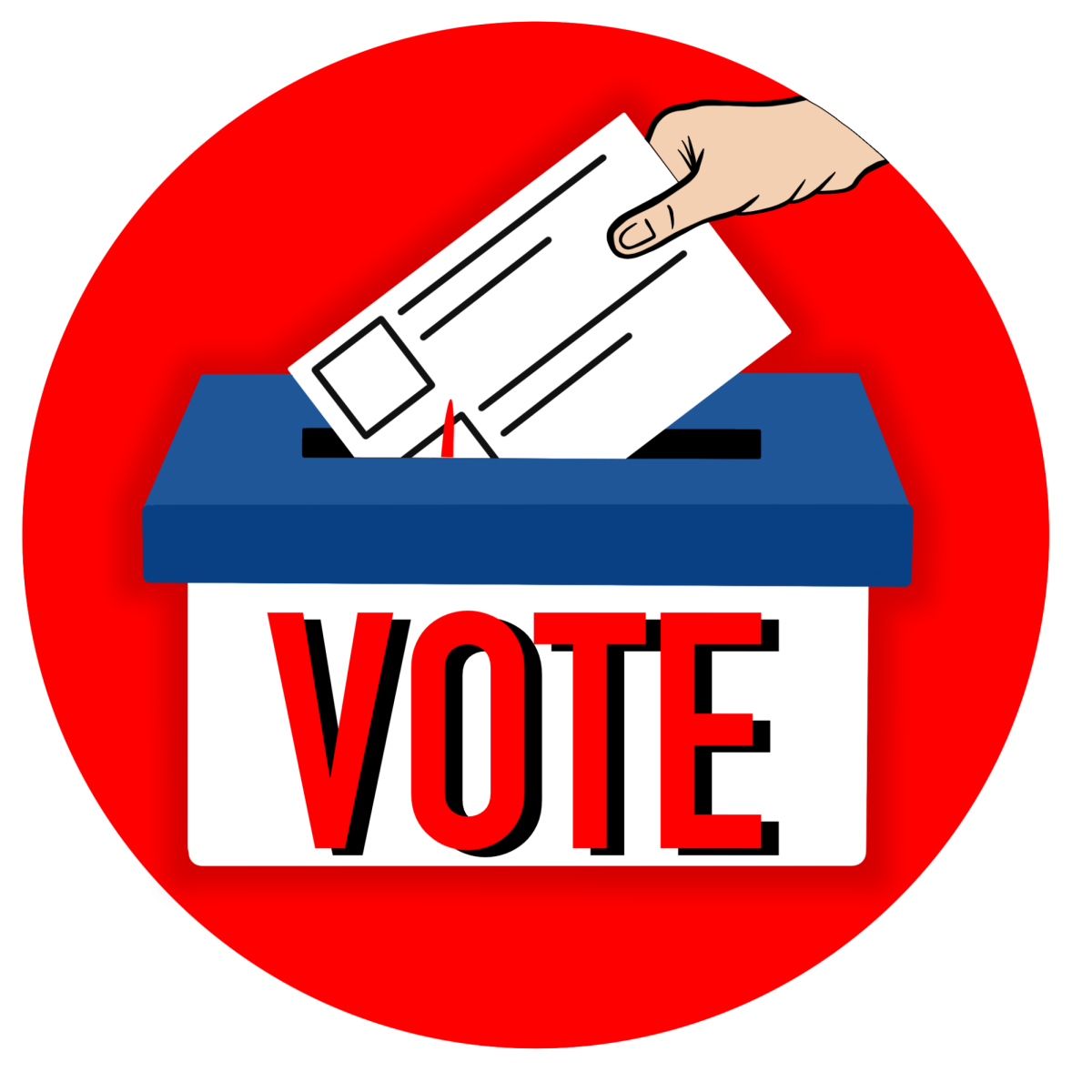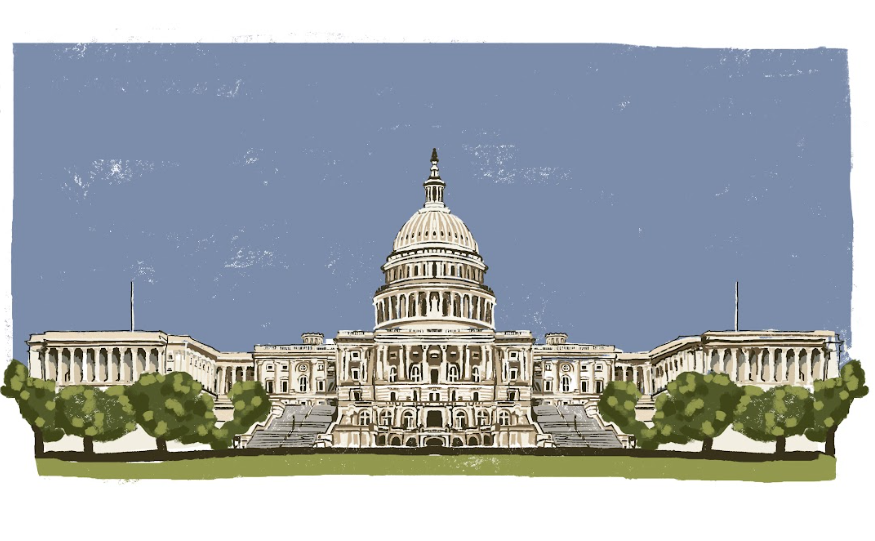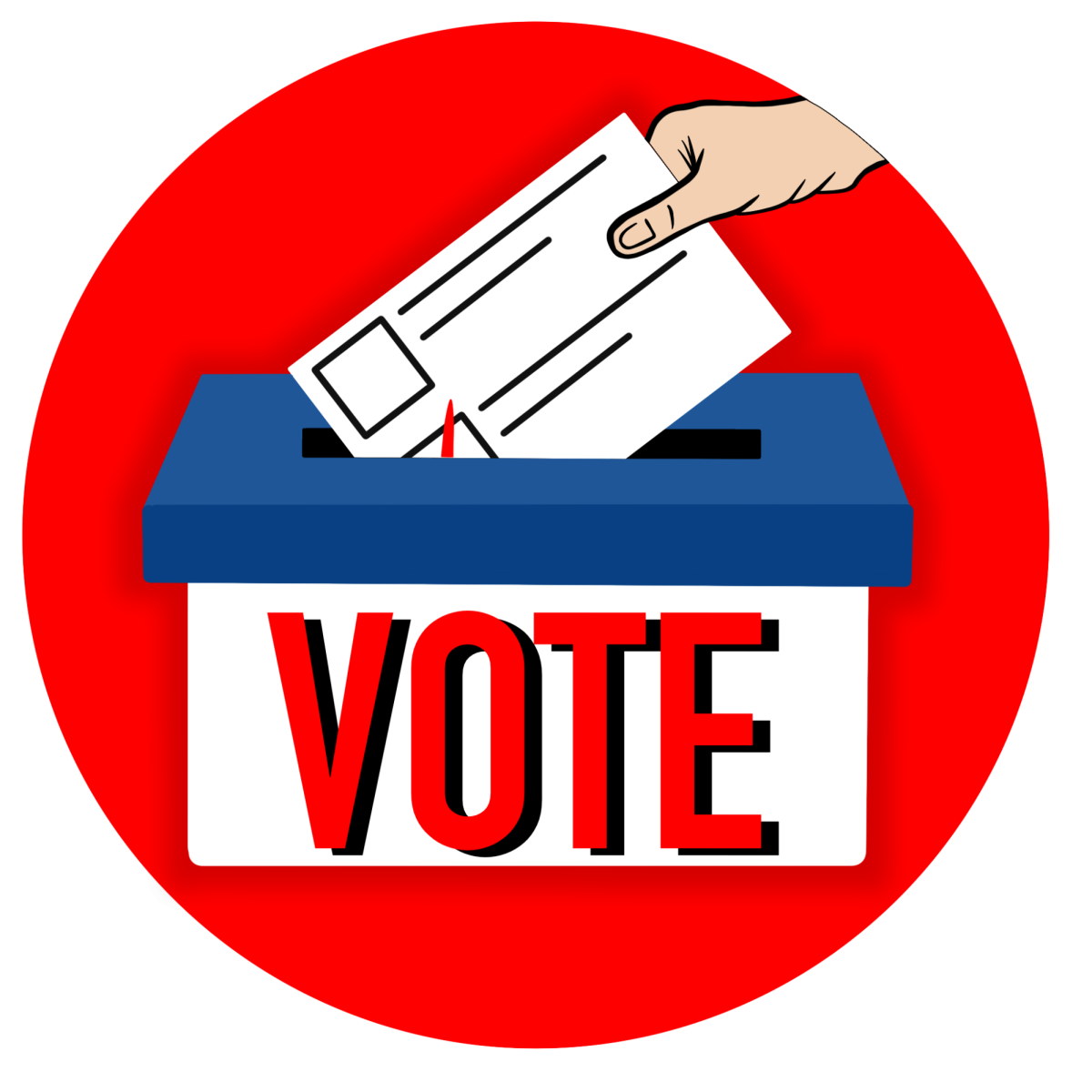In theory, voting for a third party is a great way to combat the two-party system. However, in practice, it has only been successful once during a presidential election, so why would it work now? For the third-party vote to be successful, it would need to attain the attention and focus of Americans. Third-party candidates are those who are not running in the Democrat or Republican category.
In 1826, the third party was formed in an anti-Mason effort by those who believed that the religious group posed a threat to American republicanism. The first and only third-party candidate who has won a presidential election was Abraham Lincoln in 1860. As a result, this established the Republicans as America’s second main party.
In 2024, Americans are taking issue with Kamala Harris and Donald Trump’s policies for the upcoming election. Harris is receiving backlash for multiple things, specifically for her comments on the genocide in Palestine and her stance on funding the U.S. military even further.
Trump, on the other hand, has been facing pushback for his connections to Project 2025, his misinformed dictator-like comments and the events that unfolded on Jan. 6, 2021.
At the beginning of this year, there was hope for a third-party candidate: Claudia De la Cruz. Cruz is running in the Party for Socialism and Liberation (PSL), and was a popular candidate amongst young voters online. However, Cruz and her VP Karina Garcia lost popularity months later due to comments from Garcia in support of a member of the PSL who was under investigation for sexual abuse.
Cruz and Garcia have also failed to secure themselves on ballots in all 50 states for November. Jill Stein, for the Green Party, and Chase Oliver, for the Libertarian Party, are the two other candidates that will be on the ballot this year. While these two candidates have gained support from the younger crowd for their progressive policies, they have generally flown under the radar.
Voting third party splits up the vote between the two candidates, which would significantly hinder Harris’s chances of defeating Trump. It would redirect support from the Democratic ticket, potentially allowing Republicans a chance to secure a victory by a small margin.
“Voting for a third party is handing the vote to Trump,” is a statement being made by some to push back against those who are considering candidates outside the main two.
If and when America is ready to shut down the two-party system, their hopes could lay in the hands of a third-party candidate. Most of the time, the message in voting for a third party gets blurred. However, for the time being, America will once again have to choose between the “lesser of two evils,” even if the lesser is still evil. Voters will have to make a choice this November on who they believe will best run our country and preserve our democracy.










